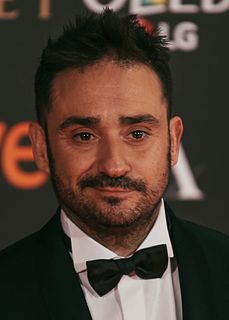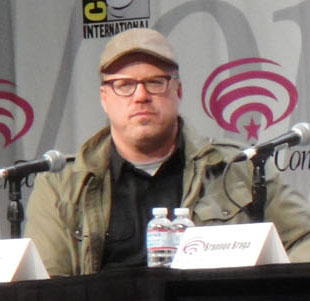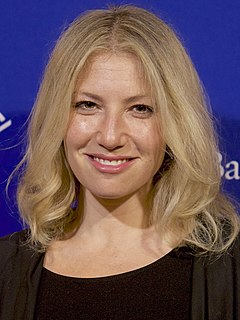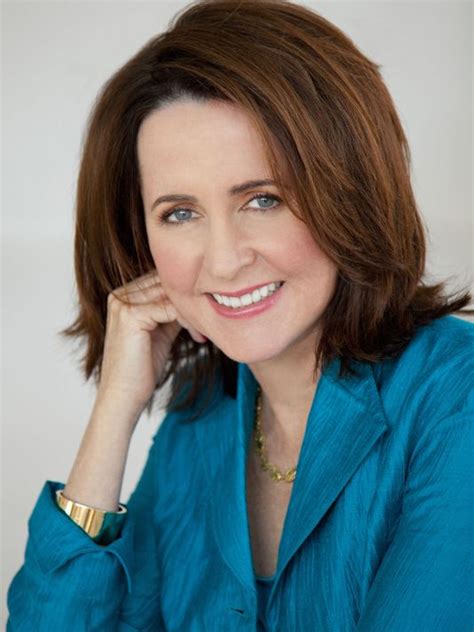A Quote by Eric Balfour
I actually like acting in things that I'm directing because I'm able to control the tone of how a scene may go and I know, very clearly, what I want from myself in that scene and what I need, as far as from a directorial standpoint.
Related Quotes
I actually went to see 'Rushmore,' and I came late, and I missed myself. It was great, that scene. I caught that scene the other day on TV, funny enough, the first scene that you see with Jason Schwartzman and myself, where we talk about his grades. That's a brilliant scene, and I have to say, we play it brilliantly.
I think with improv - and I say it all the time because it's become such a catch thing that you talk about improv - if the scene is well-written, you don't need to improv. But that being said, if something strikes you in the moment and, most importantly, you know where the scene is supposed to go, it's no different than method acting.
There weren't any deleted scenes, it was just a matter of tightening stuff. I didn't have any deleted scenes in what I did as far as I know. It's very unusual on Game of Thrones for there to be a deleted scene because the scripts are pretty locked in. There's rarely a reason to say, "Hey, we don't need this scene."
have a much harder time writing stories than novels. I need the expansiveness of a novel and the propulsive energy it provides. When I think about scene - and when I teach scene writing - I'm thinking about questions. What questions are raised by a scene? What questions are answered? What questions persist from scene to scene to scene?
I always thought the piano scene was kind of unique to shoot because we were actually able to film with the playback of the actual song. And that was quite amazing because it almost made it easier - music is usually something that is added after filming has finished so to be able to shoot a scene with music was really wonderful.
I started doing community theater when I was seven and I think the intent was just expression. When you're a musician, you can make music in your room, and when you're a writer, you can write. Acting is one of the tricky art forms where you need a certain amount of permission to be able to do it. You can talk to yourself in the mirror, but it's different than actually acting or doing a scene. You need an audience and you need someone else to do it with.
Film and television are very different. On the TV show, we do seven or eight scenes a day, so time and money are of the essence, and we have zero room for creativity because you've got to do each scene in only five takes. Whereas, on a film, you have an entire day to film one scene, so you have so much time to choose how you want to fill in a scene.
The acting background helped a lot when I started writing. I was training for it. In acting class they teach you about the stakes in a scene (and) what motivates characters. When you bring a scene to class - as an actor with your scene partner - you have to do everything. There's no producer, set decorator or anything like that. You and you partner have to do everything and that's kind of like facing the blank page as a writer.




































